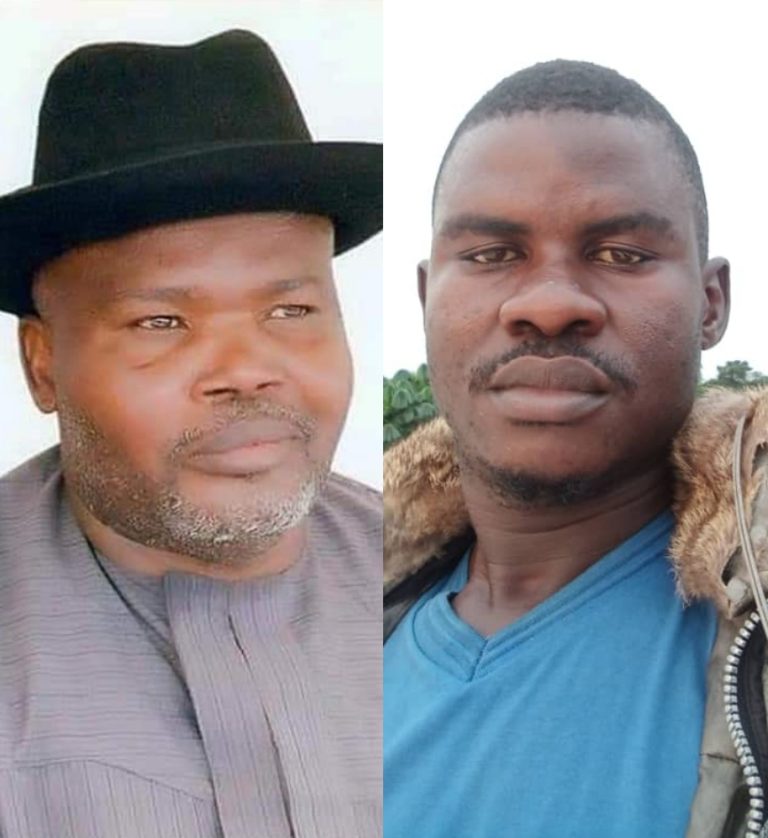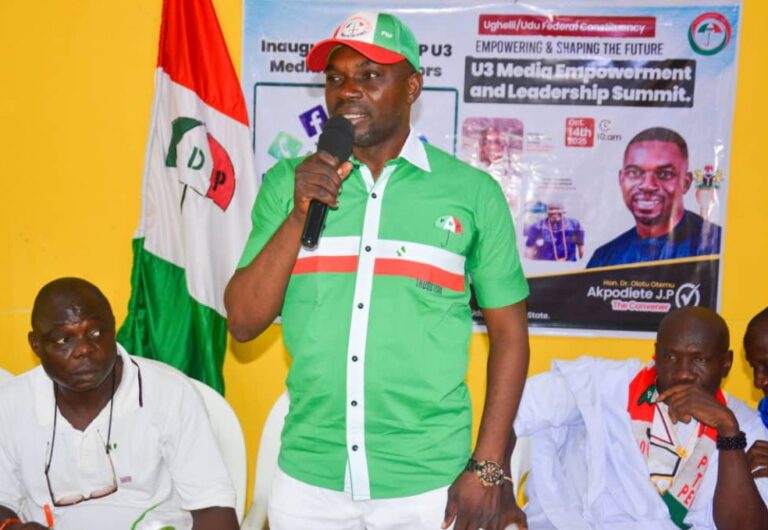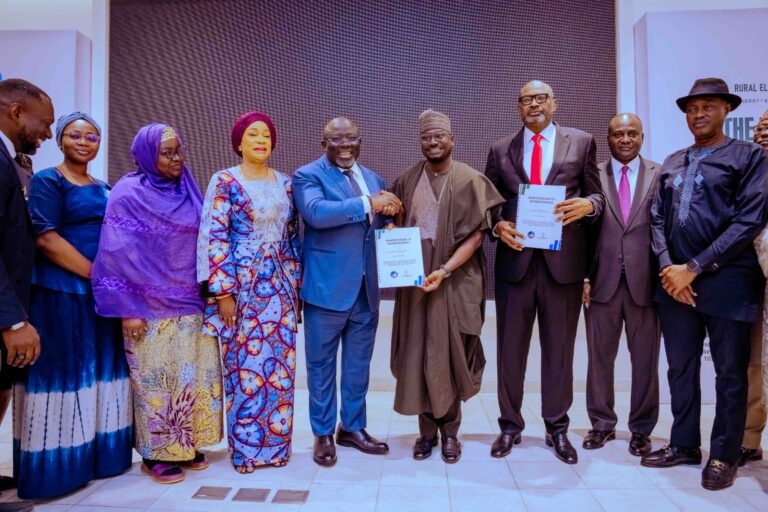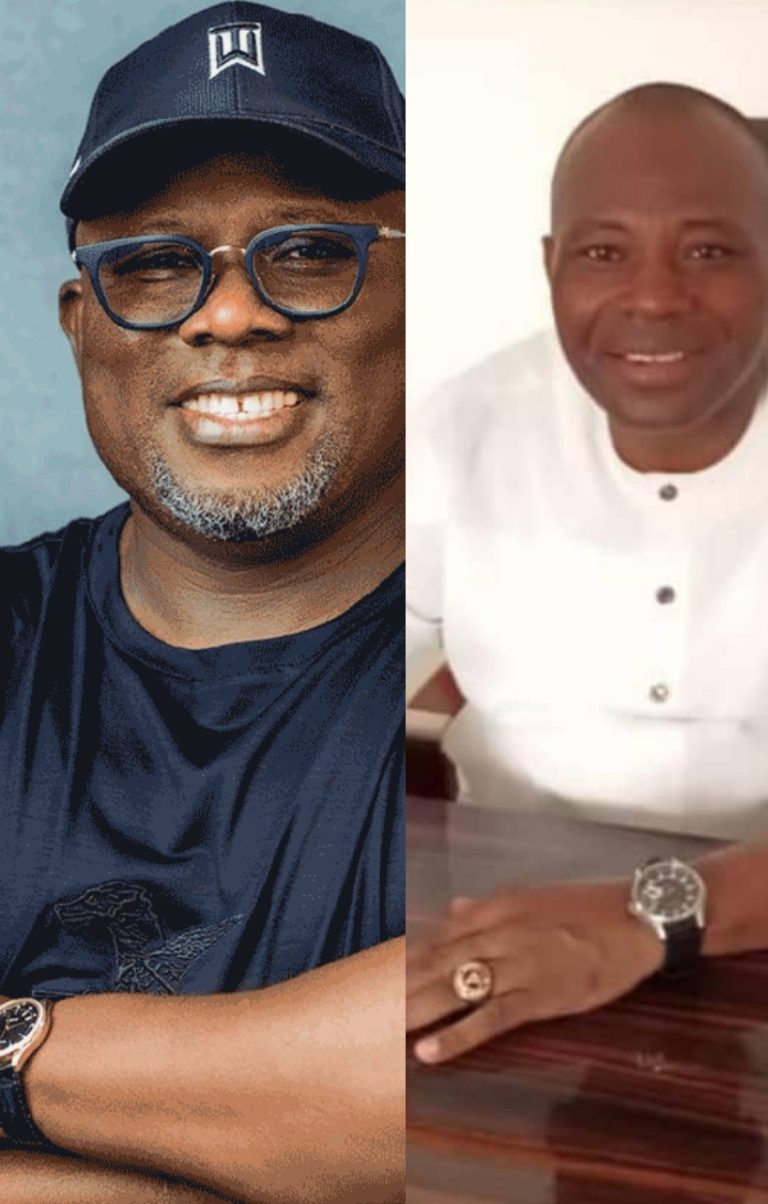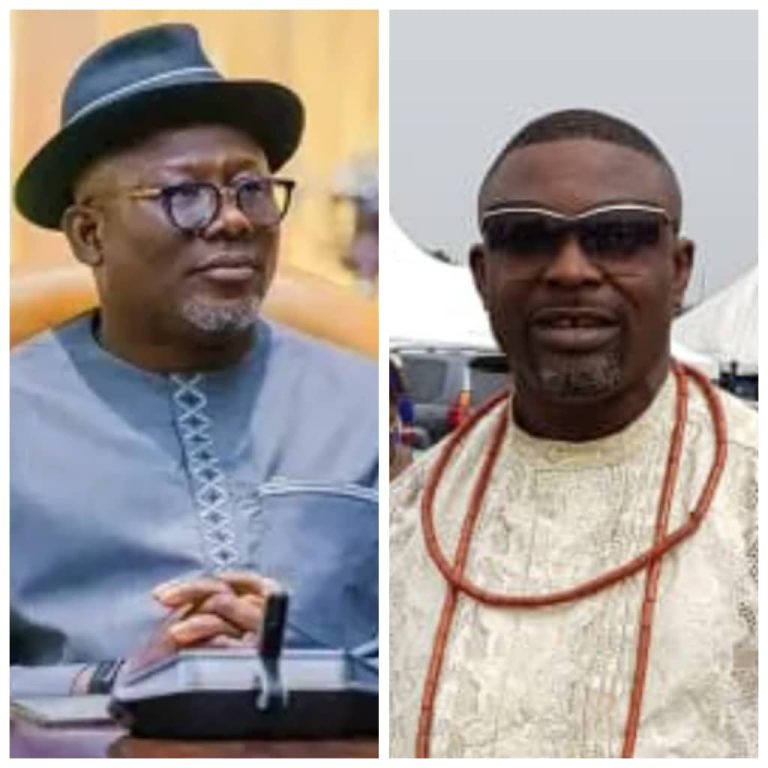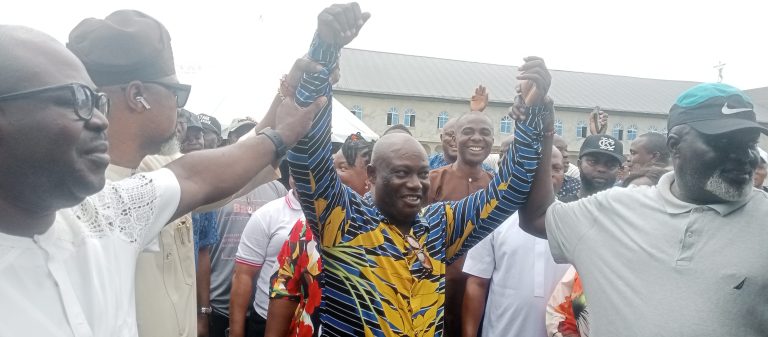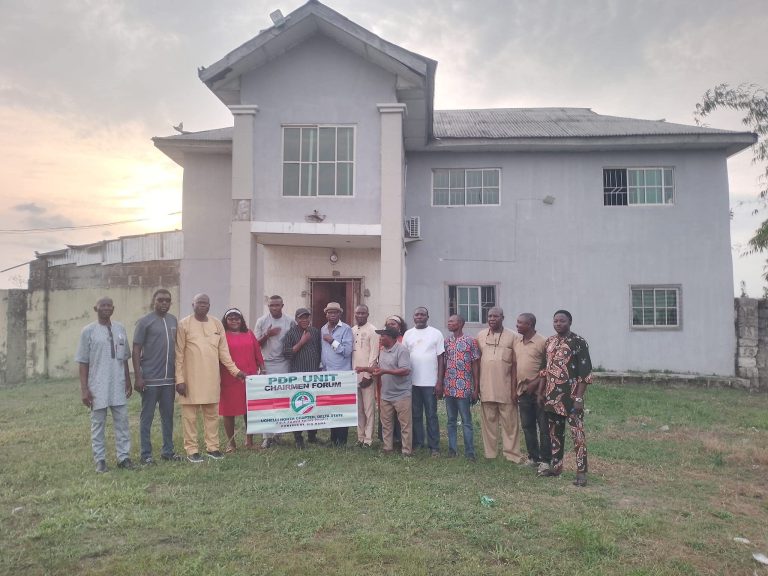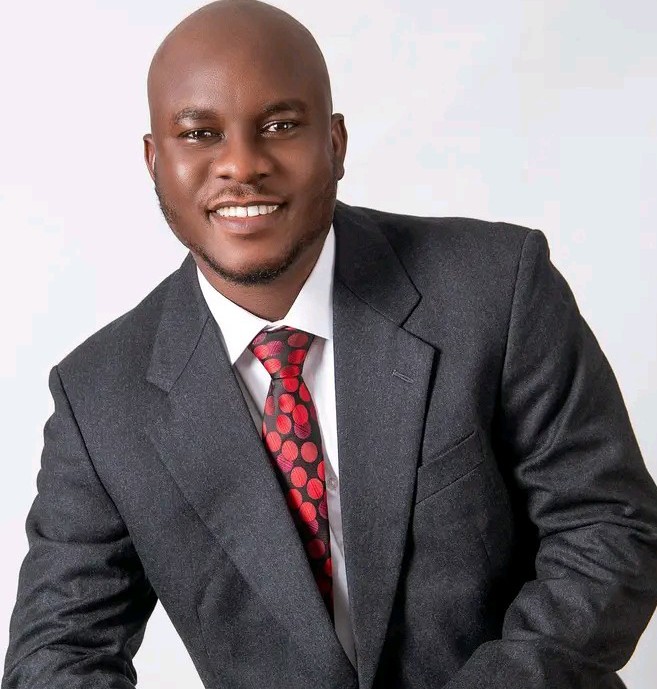
By Oke Umurhohwo, Ughelli, Delta State
Nigeria is entering a dangerous phase of political consolidation, one that is unfolding not through coups or decrees, but through quieter maneuvers that hollow out democratic competition from within. At the center of this shift is President Bola Ahmed Tinubu, whose administration has overseen the most dramatic collapse of opposition strength since the return to civilian rule in 1999.
The primary target is the People’s Democratic Party (PDP), once the continent’s largest political machine and Nigeria’s dominant party for 16 years. Today, it is fighting for survival, not because voters have rejected it at the ballot box, but because its structure is being systematically weakened through inducement, coercion, and internal sabotage.
The most visible instrument of this internal unraveling is Nyesom Wike, the minister of the Federal Capital Territory. Mr. Wike still claims PDP membership, yet his actions have consistently bolstered the ruling All Progressives Congress (APC).
Since Mr. Tinubu took office in 2023, the PDP has lost four sitting governors, two former governors, scores of federal and state lawmakers, and hundreds of local power brokers, overwhelmingly to the APC.
Delta State provides a particularly striking example. In April 2025, Governor Sheriff Oborevwori and his predecessor, Ifeanyi Okowa, himself a former PDP vice-presidential candidate; crossed over to the ruling party. Within weeks, long-stalled federal projects were revived. The timing raised a question Nigerians have learned to ask too often: Are we witnessing genuine ideological realignment, or political pressure dressed up as choice?
Similar patterns have emerged across the country. Officials who remain in the PDP often find federal allocations threatened, development funds delayed, long-promised projects suspended, or their security architecture suddenly reshaped. Those who defect frequently experience an immediate reversal of fortunes.
These are not subtle signals; they shape the calculations of every politician operating under Nigeria’s hyper-centralized political economy.
Mr. Tinubu understands this terrain well. He built his legacy resisting an overbearing PDP government that once boasted it would rule for 60 years. His critique then was that democracy could not survive without robust competition. That insight remains true, which is why the current trajectory is so troubling.
The appointment of Mr. Wike in 2023 was a defining moment. He had spent the previous election cycle fracturing PDP unity, spearheading the G-5 rebellion, and openly defying his own party’s presidential ticket. His new role offered him both federal power and political immunity. In the months since, he has exercised outsized influence: boycotting reconciliation efforts, dissolving the PDP’s Board of Trustees, suspending party officers, and daring the party to discipline him, knowing that presidential backing shields him from consequences.
This is not a normal party competition. It is the quiet consolidation of dominance.
The implications stretch far beyond partisan rivalry. When opposition parties cannot function freely, corruption grows without resistance, economic missteps go unchallenged, and citizens lose nonviolent avenues to express political frustration. Democratic institutions like the courts, electoral bodies, and legislatures, amongst others, have become increasingly vulnerable to executive pressure.
Nigeria cannot afford this slide. It is Africa’s most populous nation and its largest economy. What happens here shapes the region: migration flows, extremist activity, economic stability, and governance norms across West Africa. A Nigeria without credible political competition is not merely weakened internally; it becomes a source of regional uncertainty.
The international community has been slow to respond. Foreign missions in Abuja are aware of the pressures facing opposition governors. They understand the significance of heavy security deployments around PDP headquarters during internal leadership battles. Yet the global reaction has largely been silent, replaced by diplomatic caution, geopolitical pragmatism, and an eagerness to celebrate Nigeria’s economic reforms without questioning their political context.
But reforms cannot be sustainably anchored in a democracy whose foundations are eroding.
President Tinubu still has the opportunity to demonstrate that the democratic values he championed in opposition did not expire with his rise to power. He can end the quiet financial and institutional pressure applied to opposition-controlled states. He can withdraw political cover from those who destabilize parties from within. And he can commit publicly to ensuring that the 2027 elections are genuine contests, not preordained ceremonies.
Nigeria’s democracy is not yet lost, but it is being suffocated in slow motion. The first step to saving it is naming what is happening. The second is acting before the nation wakes up to find that a one-party state has hardened around it, not through constitutional amendment, but by the incremental weakening of every alternative voice.
A country that once fought to break political monopoly must not become the architect of a new one.
Oke Umurhohwo is a chieftain of the Peoples Democratic Party and a public affairs commentator based in Delta State, Nigeria.

